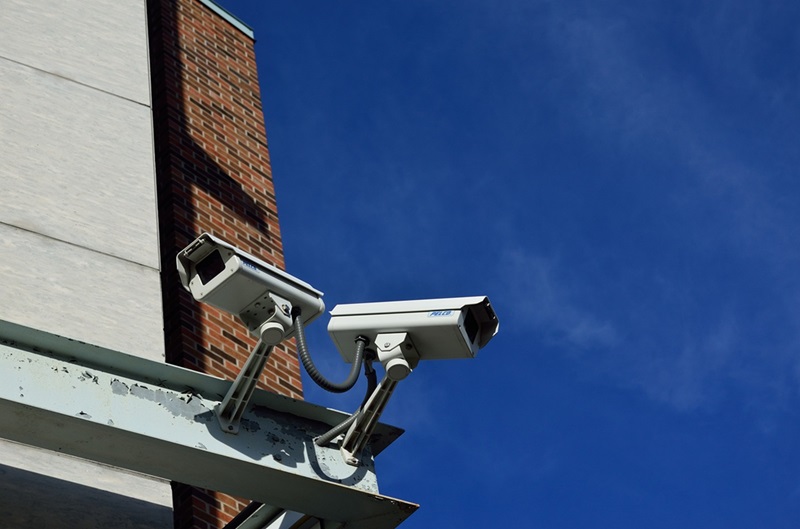Understanding the Importance of Security Cameras in Hospitals

Ensuring the security and safety of patients, healthcare professionals, and assets in hospitals is of paramount importance, isn’t it? Medical facilities around the globe grapple with the challenges of managing emergencies, controlling infectious diseases, and maintaining transparency. But, have you ever considered the concept of integrating surveillance technology to tackle these challenges? While most people might think of cameras in the context of theft prevention, in hospitals they serve a much broader purpose.
This blog post aims to delve deeper into the significant role of security cameras in hospitals. We will talk about the why, what, and how of surveillance systems in healthcare, showcasing real-world examples and exuding it with the value-adding arguments. By the end of this piece, you will understand the utilitarian aspects and the pitfalls of this modern-age tool used in hospital management.
Crucial Need for Security Cameras in Hospitals
The necessity for security cameras in hospitals extends beyond the general monitoring of the premises. In an environment where the well-being of numerous lives is at stake, having an extra pair of digital eyes can make a considerable difference.
Firstly, patient safety and care hold the foremost place. Cameras can visually monitor patients’ condition when medical staff are busy, serving as a proactive measure against potential medical emergencies. Secondly, security cameras play a vital role in preventing theft and protecting medical equipment, patient records, and hospital assets. Lastly, they aid in maintaining transparency, resolving disputes, and reinforcing accountability among the staff.
Choosing the Right Tool: The Features of Hospital Security Cameras
Choosing the right security camera for a hospital setting involves several factors. Primary aspects include coverage range, resolution, night vision, sound recording, and remote accessibility. Another vital consideration is compliance with specific legal and healthcare standards (like HIPAA), which govern the privacy and security of patient information.
Integration with alarm systems, smoke detectors, and access controls pave the way for a comprehensive security system. In this technical age, AI-enabled cameras with motion detectors and facial recognition features can provide an extra layer of security to the sensitive areas of the hospital.
Pros and Cons: The Two Sides of The Coin
While security cameras bring in numerous benefits, there are a few drawbacks that shouldn’t go unaddressed. The advantages include improved security, monitoring patient behavior, heightened staff responsibility and decreased chances of lawsuits.
However, there are also concerns associated; the most significant one being the invasion of privacy. Lawsuits have been filed in issues related to patient privacy infringements, especially in sensitive areas. In addition to that, not all staff could be comfortable with constant monitoring, causing a decline in morale.
Security Cameras in Action: Case Studies
Concrete examples serve as the best testament to the effectiveness of security cameras in hospitals. Applications have ranged from preventing robberies, assisting in criminal investigations, to even detecting patients’ unusual behaviors, potentially averting medical emergencies.

Evolving Needs: The Future of Surveillance in Healthcare
As technology advances, the future of surveillance in healthcare is set to become more sophisticated. Predictions include widespread use of AI and IoT to improve the efficiency and accuracy of surveillance. Mobile surveillance, integrating real-time tracking systems, and predictive analytics are some of the upcoming trends to look forward to.
Conclusion
The importance of security cameras in hospitals is an evolving concept, which is inextricably linked with improving the standard of healthcare delivery and ensuring public safety measures. The benefits of these systems in monitoring, preventing crime, and enhancing accountability are palpable, while the concerns of privacy can be mitigated with proper policies and legal compliances. Despite the limitations, as technology evolves, the future promises advanced surveillance, paving the way for a safer, smarter healthcare environment.